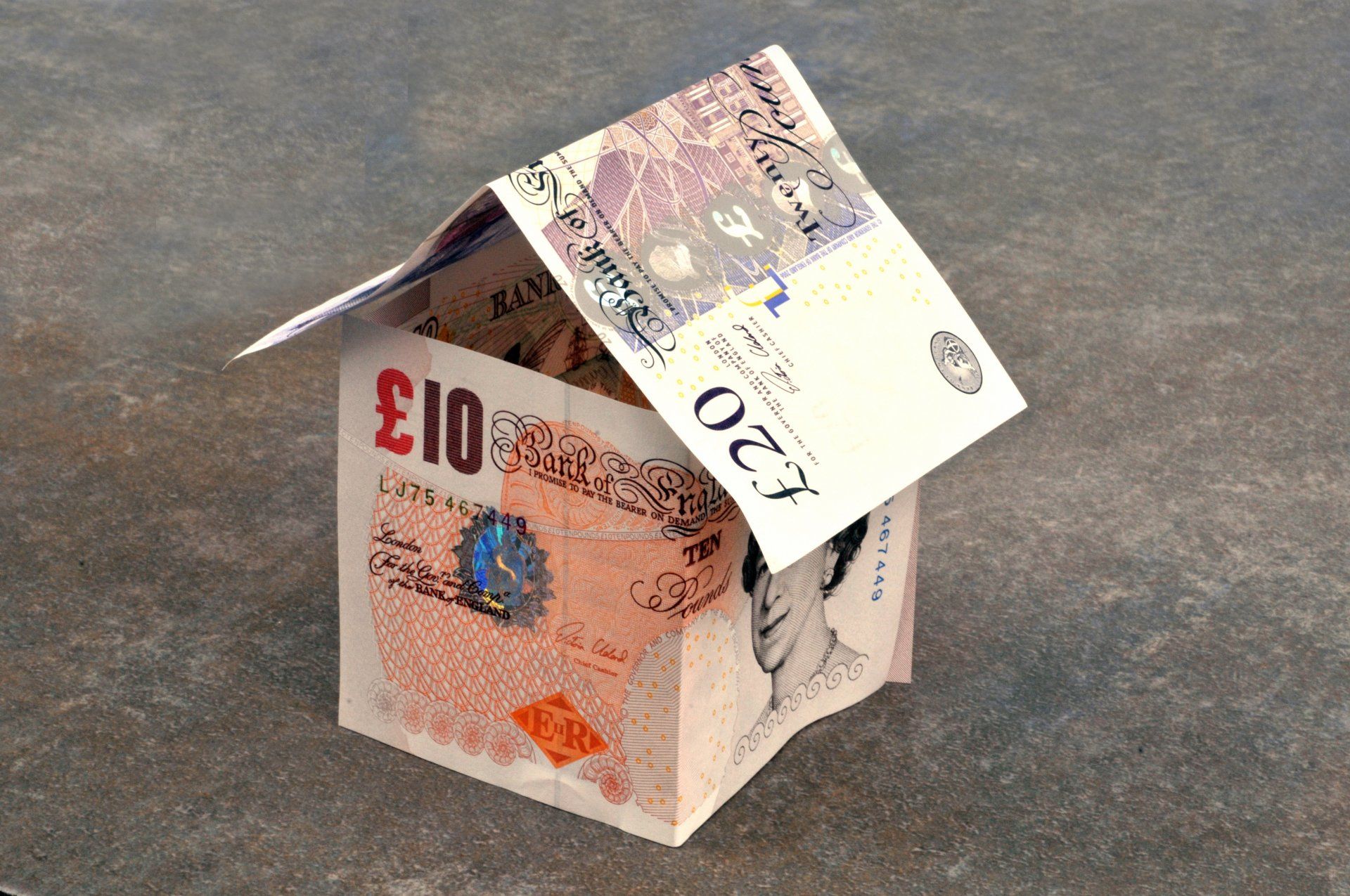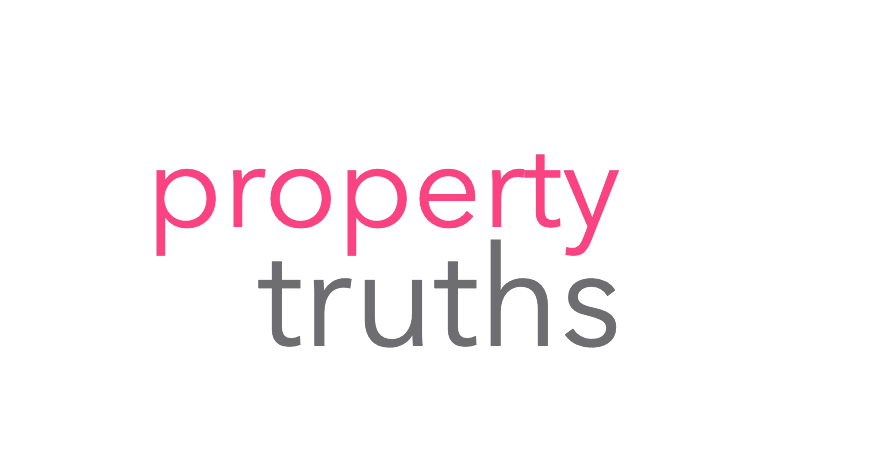Homes Under The Hammer
Robert Frost • May 21, 2020
The Modern Method Explained

Whoosh.....and there you go. From a dump no one wanted to sparkling new house fit for a king, thousands in profit and all done within budget. How easy is that? It works almost every time! In fact, certainly enough to justify a daily morning TV slot and endless reruns on multiple channels.
The premise is simple: go to your local auction, buy a property lower than what you would normally pay through an estate agent, do it up and make a profit. That can and does work in some cases but in others it’s really not that straightforward!
Before you decide to buy a home under the hammer, you really need to know what type of auction it is. Most people think they know how auctions work; you register to bid, make your bids, pay a deposit and a relatively small fee (or percentage) to the auction house and bingo it’s yours. This is dead right for a traditional auction. However, beware of the new type of property auction often referred to as the ‘Modern Auction Method’.
The Modern method has a variety of forms but the most common theme is that the seller’s cost of sale is passed on to the buyer, more often than not this particular fee is a non-refundable ‘reservation fee’ and not necessarily an exchange of contracts between the seller and buyer as is the norm in traditional auctions.
Why does this matter? Well, in the traditional auction model when the gavel falls an unconditional contract is formed by the ‘bang’ of the gavel. You’ve agreed to buy the property based on the conditions in the legal pack and that’s it! You’ve normally got 28 days to complete and an agreed deposit is paid there and then.
However, in the Modern Method of Auction the gavel falling usually strikes a conditional contract between buyer and seller based on the terms in the legal pack. A deposit is typically paid as per normal PLUS a Reservation Fee. The important thing to note is that the Reservation Fee does NOT contribute to the price of the property AND it is often considerably higher than a traditional auctioneer's fee. Generally speaking, the Reservation Fee is around 5% plus VAT of the selling price with a minimum of typically £4000 - £5000 plus VAT. To put this in context a traditional auction buyer's fee is usually around 1%-1.5% with a minimum of £750-£1,250 plus VAT.
Why is this the case? Well the modern method is all about getting the properties to auction, helping agents get the property sold quickly and for decent fees. With a normal private treaty sale (i.e. via an estate agent following some negotiation) there is often little financial commitment on behalf of the buyer or seller until contracts are exchanged, the price might be renegotiated at the last minute and the estate agent’s fees are normally around 1-1.5% of the selling price, which are normally paid by the seller.
In the modern method, the seller usually pays no fees for selling the property. The Reservation Fee is used to pay the introducing estate agent and the auction house, with anywhere from a 33% - 66% share going to the introducing agent. In other words, the cost of sale flicks from the seller to the buyer. The estate agent makes more money and the vendor pays nothing to sell their property.
Why is this important? It matters because as the seller’s fees are no longer paid by the vendor they don’t need to build such fees into the selling price and can therefore offer a lower guide price to the auction house, which will in turn makes the property seem more appealing to the market.
To be fair, most decent auction houses make the type of auction conditions clear on their websites but there are few who don’t make it as clear as they could. This why reading the legal pack is absolutely essential before bidding on any property at an auction. Never make the assumption that the property you are bidding on is being sold using the traditional method or you could be in for an expensive surprise with a nasty bill of an additional several thousand pounds on top of the gavel price.
So, before you hear the whoosh and see the money from a potential auction purchase check to see what type of auction it is and do the calculations. Is it really a good deal or does it just seem like one?
Now, where’s the remote? I’ve some TV to watch!!
Robert Frost MRICS is a Chartered Surveyor specialising in property valuation, sales and management. He works part-time as an independent mortgage valuer on behalf of many of the High Street banks and spends the rest of his time as a property investor and entrepreneur. His website www.propertytruths.com is the antidote to Get Rich Quick property schemes.





